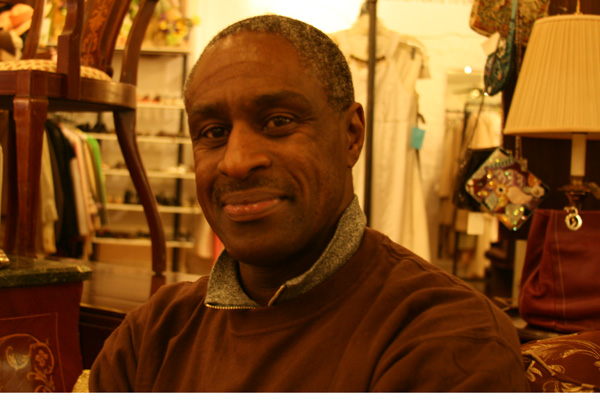
D. D-minus. F.
Those are the grades that HIV and AIDS advocates gave to New York City’s health care services.
To mark President Obama’s 50th day in office on Wednesday, March 11, AIDS and HIV prevention advocates from around the country issued a health care report card grading the nation’s progress in finding a cure for the epidemic. The “End AIDS Report Card,” compiled by the activist organization Campaign To End AIDS, failed the city across the board on the services such as housing and medication distribution.
Harlem, New York
“We need a national strategy to end AIDS,” said Charles King, CEO of Housing Works. “Twenty five years into the epidemic and we still don’t have a coherent national strategy on prevention or on treatment services and care. There has to be a strategy that involves every single state and every single locality doing its fare share.”
According to a Housing Works representative, the “End AIDS Report Card” was based upon information provided by various AIDS advocacy groups that lobby for AIDS-related funding and services at city, state and federal level.
Activists and supporters, like local entities Housing Works and Harlem United Community AIDS Center, gathered at various locations across the country, such as New York and Washington D.C..
Protesters staged a rousing, speech-filled rally. They displayed large, color billboard report cards detailing their negative assessment of the city’s health care missteps. And they distributed educational pamphlets, orange stickers and free contraceptives – – all in an effort to bring awareness to the issue.
In Harlem, King singled out Mayor Michael Bloomberg and New York City Council speaker Christine Quinn because of proposed cuts to city services. “The City has received close to 2 billion dollars in new money as a part of the stimulus package,” King said. “There is absolutely no excuse for the City to be cutting vital service to the health care of those with AIDS and HIV.”
Without commenting on the city’s future funding for HIV-related services, a spokesperson for the city’s health department cited their recent AIDS prevention efforts through condom distribution, syringe exchanges and voluntary testing. The City Council is currently holding hearings on the proposed budget for fiscal year 2010, which at this time includes cuts of nearly $2 million in case management staff for HIV/AIDS, among other related reductions.
King said, however, the Mayor must employ new fiscal strategies in order to remedy this situation. “Frankly, I don’t think this notion that all cuts are somehow equal and that everyone has to take their share of the pain even makes sense,” King said. “I have to run an organization and I have to administer a budget. And one of the things I know is that some cuts actually cost you more to make. This is one of those cuts that will cost the city in the long run.”
“We are in a financial crisis, right,” said Housing Works employee Lynan Saperstein. “So what’s happening to the people at the bottom? They’re getting ignored and they were already suffering.”
Click here to see the United States’ AIDS report card.
Click here to see New York State’s AIDS report card.
Click here to see New York City’s AIDS report card.
New Yorkers Living with HIV Speak Out

Frederick Taylor, 51, who works at a Housing Works thrift store, fears that cuts to funding may endanger services like public housing and non-pharmaceutical treatment offered to HIV-infected people.
Click the arrow to play.
[audio:http://cdn.journalism.cuny.edu/blogs.dir/132/files/2009/03/f_taylor_bounce.mp3]

Rodney Robinson, 45, a senior peer educator at AIDS Service Center, explained why he thinks it’s especially problematic for New York City to cut HIV/AIDS services.
Click the arrow to play.
[audio:http://cdn.journalism.cuny.edu/blogs.dir/132/files/2009/03/rodney-robinson2.mp3]
(Contributors to this report are James Flood, Valerie Lapinski, Alex Green IV, Heather Chin and Nicholas C. Martinez.)


Recent Comments